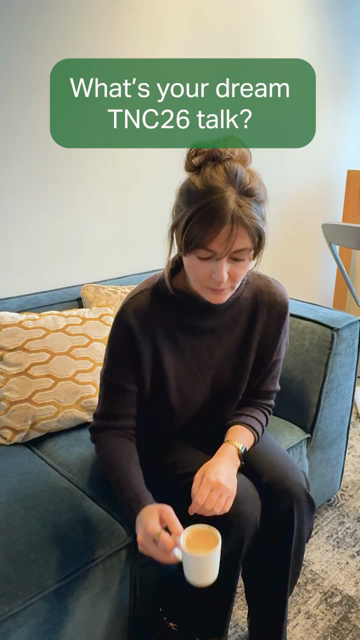2025-12-16 17:09:35
One of the things that made organizing a lot easier with the GDC was a thing called "GDC in a box." It was a zip file with all kinds of resources. There was a directory structure, templates for all kinds of things like meetings and paperwork you had to file (for legal reasons) and "read me" files.
We had all kinds of support. There were people you could talk to who had been there. There were people you could call to walk through legal paperwork (taxes). Centralized orgs are vulnerable and easy to infiltrate. They're easy for states to shut down. But there are benefits to org structures.
I think it's possible to have the type of support we had with the GDC, but without the politics of an org (even the IWW). I hope this most recent essay has some of the same properties. I hope that it makes building something new, something no one has really imagined before, easier.
This whole project is something a bit different. It's a collective vision and collective project, from the ground up. Some of it has felt like a brain dump, just getting things that have been swimming around in my head down somewhere. But I hope this feels more like an invitation.
Everything thus far written is all useless unless people do things with it. Only from that point does it become a thing that lives, a thing with its own consciousness that can't be controlled by any individual human.
Tech billionaire cultists want to bring a new era of humanity with AGI. That is definitely not possible with LLMs, and may not be possible at all. But there is a super intelligence that is possible, though it's been constrained by capitalism: collective human intelligence.
The grand vision of the tech dystopians is that of the ultimate slave that can then enslave all humans on their behalf. I think we can build a humanity that can liberate itself from their grasp, crush their vision, and build for itself a world in which people will never be enslaved again. Not only do I think it's possible, I think it's necessary. I think there are only two choices: collective liberation or death.
And that's what I plan to write about next time to wrap this whole project up. Today things often feel impossible. But people talked about the Middle Ages as though they were the end of the world, and then everything changed in unimaginable ways. Everything can, and will, change again.
"The profit motive often is in conflict with the aims of art. We live in capitalism. Its power seems inescapable. So did the divine right of kings."
2026-02-16 22:31:07
Apple debuts iOS 26.4 beta 1 for developers, adding limited support for encrypted RCS messages, enhancements to Apple Music, a Smart List for Reminders, more (Chance Miller/9to5Mac)
https://9to5mac.com/2026/02/16/ios-26-4-beta-1-heres-everything-new/
2026-02-17 14:22:44
What’s your dream #TNC26 talk?
We put that exact question to the TNC Programme Committee and let the ideas flow. The result is a glimpse into the curiosity, creativity and bold thinking that shape every TNC programme.
🎥 Share your dream talk with us in the comments
📌 Explore the preliminary programme:
2025-11-18 03:37:52
I think the police have to do a very hard and necessary thing: defend Americans against their federal government.
I make the case for why local law enforcement officers may need to arrest feds:
https://stuff.davidaugust.com/local-la
2025-12-16 16:31:19
What Ukrainians actually think about ceding Donbas to Russia: https://benborges.xyz/2025/12/16/what-ukrainians-actually-think-about.html
2025-12-18 00:35:41
Sources: OpenAI has held preliminary discussions with investors about raising tens of billions of dollars, and as much as $100B, at a valuation of around $750B (The Information)
https://www.theinformation.com/articles/openai-discuss…
2025-12-18 11:50:41
Apple says it will roll out more App Store ads in 2026 "to increase opportunity in search results"; Apple's website says 800M users visit the App Store weekly (Chance Miller/9to5Mac)
https://9to5mac.com/2025/12/17/apple-announces…
2026-01-17 07:06:14
Appfigures: Sora 2 had ~6M iOS downloads as of December 2025; the Android version, available since early November 2025, had ~3.1M, as growth begins to slow (Sherwood News)
https://sherwood.news/tech/openais-sora-2-started-off-scorching-hot-t…




